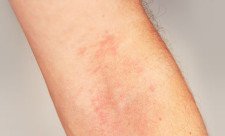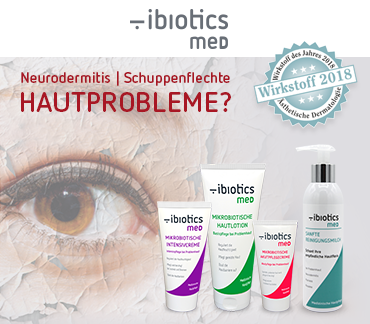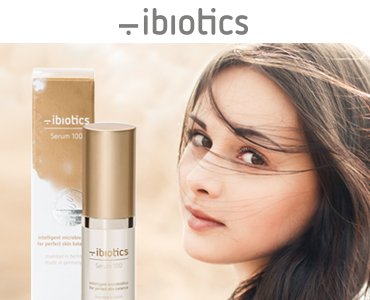
So far, we’ve already highlighted the health advantages of fermented vegetables several times on this website: Foods such as sauerkraut are rich in lactic acid bacteria which keep the gut flora healthy, strengthening our immune system. In much the same vein, professional publications emphasise the positive role played by lactic acid bacteria for a healthy skin flora or a healthy skin microbiome.
From these findings – corroborated by numerous studies – some suppliers of natural cosmetics have drawn the conclusion that fermented vegetables in skincare products should be good for a healthy skin. This, however, is questionable and has not been scientifically validated so far.
But the underlying idea isn’t completely wrong: Many producers of alternative medical skincare products look towards reducing – or even completely foregoing – the use of antibiotics in the treatment of skin diseases. By relying on good bacteria, they aim to return the microbiome, i.e. the natural diversity of bacteria in and on our bodies, to its natural balance. This would eliminate pathogens (harmful bacteria) and germs.
Skin specialists like Dr Yael Adler, the well-known Berlin dermatologist, do not consider fermented foods in creams to be effective. One of the reasons is that bacteria are unable to survive in lotions.
Skin creams should not contain living bacteria. But as microbiotic ingredients, active components of good bacteria can be used to add value to skincare. In particular, if this skincare relies on ingredients stemming from microorganisms to rebalance the skin flora. Skin creams should have the effect that healthy bacteria on our skin are stimulated and strengthened. This is already achieved with extracts of lactic acid bacteria. All that’s needed is a microbiological component which stimulates the propagation of healthy skin bacteria, which in turn results in a natural and healthy skin flora.
All we have to find out is which the critical building blocks are. In this area, research into the microbiome has made significant progress in recent years. Even without resorting to fermented vegetables, it is now possible to provide efficient skin care solutions for skin diseases using good bacteria.
Sources:
https://www.deutschlandfunknova.de/beitrag/naturkosmetik-fermentiertes-gemuese-in-kosmetika-effekt-bisher-nicht-nachgewiesen
https://sz-magazin.sueddeutsche.de/beauty/gruen-im-gesicht-85733
Dieser Post ist auch verfügbar auf: German

 25. Jun 2020
25. Jun 2020 Popular
Popular Recent
Recent Comments
Comments












